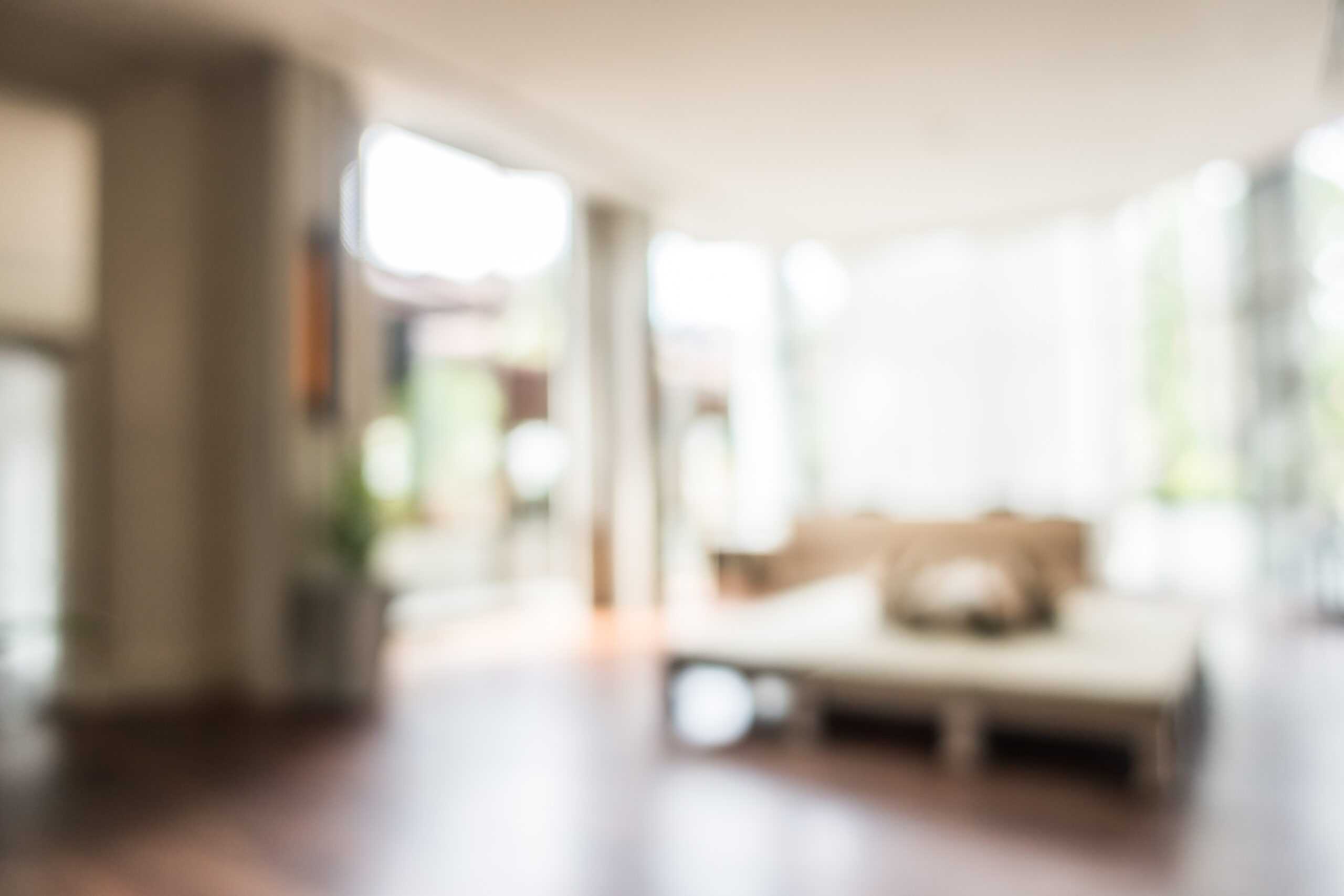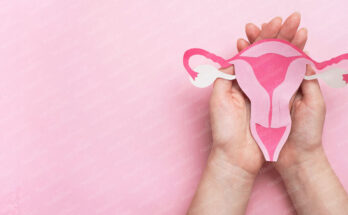Hemorrhoids or piles are common by the age of 50. They are bulging veins in the lower rectum or around the anus. This is due to the possibility of internal or external hemorrhoids. Internal hemorrhoids develop within the anus or rectum. External hemorrhoids develop outside of the anus. A common question for all hemorrhoid patients is, “Do hemorrhoids itch?” The answer is straightforward. Hemorrhoids not only itch but also cause severe pain and discomfort when sitting. Thankfully, they are curable.
What are the symptoms of hemorrhoids?
Hemorrhoids are not always painful. The symptoms of hemorrhoids depend on the type of hemorrhoids you have. The symptoms of internal and external hemorrhoids are different.
Symptoms of internal hemorrhoids are:
- After removing stools, you may notice blood on the tissue
- During bowel movements, the skin might protrude from the anus
- Pain during bowel movements
Symptoms of eternal hemorrhoid include:
- Intense itching around the anus
- Formation of a blood clot near or around the anus
- Painful lumps or swelling near your anus
- Pain and soreness around the anus
- Pain while sitting and passing stools
What are the causes and risk factors of hemorrhoids?
Some causes and risk factors of getting hemorrhoids are:
- Straining when passing stools
- Sitting for a lengthy amount of time, especially on the toilet seat
- Suffering from severe constipation or diarrhea
- Family history of hemorrhoids
- Regular heavy lifting or other physically demanding tasks
- Being overweight
- Engaging in anal sexual encounters
- Having a pregnancy (an enlarged uterus presses on the veins in the colon and rectum, causing them to bulge)
- Having reached the age of 50
Also, Read Best Homeopathic Medicine for Piles Treatment.
Do Hemorrhoids itch?
A common hemorrhoid complaint is anal itching, often known as pruritus ani. Individuals with hemorrhoids also face pain while sitting and passing stools. It requires additional treatment to alleviate these symptoms. Visit a doctor, discuss the symptoms, and follow the treatment.
Book an appointment with the best medical expert.
Why Does My Hemorrhoids Itch?
It’s difficult not to scratch an itch, but extreme itching usually goes away within five to ten minutes. Itching in hemorrhoids is triggered by the following factors:
- Inflammation: Hemorrhoids are inflammation in the rectal region, causing swelling, redness, and itching. Treatment targeted at reducing inflammation can help to alleviate itching, discomfort, pain, and bleeding.
- Rubbing: External hemorrhoids are sensitive to toilet paper, clothing, and skin-to-skin rubbing. The protruding skin tags should not be rubbed, wiped, scrubbed, or scratched harshly. This can impede recovery and worsen the symptoms.
- Sweat Build-up: Anal itching can be caused by prolonged exposure to sweat and moisture around the anus. Tight garments and non-breathable clothes, and skin creases can trap moisture. It can also be due to prolonged exposure to vaginal discharge, loose stools, or mucus in the anal region.
Therefore, you should try to keep your anal area as dry as possible by putting on breathable garments and using an absorbent pad and powders like absorbent powder.
- Passing Stools: Constipation and diarrhea can aggravate hemorrhoids. Passing stools becomes difficult and painful in constipation as extreme strain must be applied. On the other hand, diarrhea is characterized by loose stools, irritating the area around the anus. Fecal leaks from hemorrhoids can also irritate the skin in the rectal area.
- Poor Hygiene: Itching in the anal region can be caused by either too little or too much cleaning. Keep the area clean, especially after passing stools. Vigorous cleanliness can aggravate itching by removing the protective mucus layer surrounding the anus.
- Leakage of Mucus: Haemorrhoids can cause mucus flow from the rectum. This mucus, like stools, can accidentally leak out, especially when passing gas. This causes irritation and itching.
- Anal Itching at Night: Itching at night makes it difficult to sleep. Scratching when sleeping can be a problem if you aren’t conscious. Keep your nails clipped, and wear a pair of soft cotton gloves to prevent unintended scratching.
How can hemorrhoids be diagnosed?
Hemorrhoids can be diagnosed by:
How to Get Rid of Itchy Hemorrhoids?
There are strategies to manage the irritation and steps to treat hemorrhoids directly.
- Maintain Proper Hygiene: Keeping the area around the anus clean and dry is critical. After a bowel movement, gently wipe the area with water or a moist cloth instead of using dry toilet paper. Take caution not to rub or scrub too vigorously. Properly pat dry after cleansing.
- Avoid Scented Soaps: Scented or colored soap, wipes, toilet paper, etc., can cause itching in the skin around the anus, especially if used vigorously daily.
- Hydrocortisone Cream: The topical steroid hydrocortisone cream improves irritation, itching, and inflammation. Therefore, it can help decrease hemorrhoids, making it easier to keep the area clean. Before using topical steroids, consult with your doctor.
- Aloe VeraGel: Aloe vera gel or cream relieves anal irritation, such as hemorrhoids, psoriasis, or anal fissures.
- Haemorrhoid Suppositories: Suppositories or anal tampons are used to treat hemorrhoids. They can be inserted directly into the anus. Only use suppositories after doctor consultation.
- Topical Creams: Topical creams contain lidocaine, xylocaine, zinc oxide, and petrolatum. They provide relief from anal itch while also protecting the area from irritation. Lidocaine and xylocaine numb the region.
How to prevent hemorrhoids?
- Avoid straining during bowel movements. To avoid hemorrhoids, use the restroom as soon as you sense a bowel movement.
- Drink plenty of water as it can help prevent your stool from hardening.
- Exercise regularly to avoid constipation.
- Avoid sitting for lengthy periods, especially on hard surfaces such as concrete or tile.
- Consume foods high in dietary fibers as it softens the stool and makes it easier to pass.
Conclusion –
Excessive pressure on the rectal veins causes hemorrhoids. It is common for hemorrhoids to itch. But it can be treated very easily by following the measures discussed in the blog. Most importantly, consult a doctor, tell them your issues, strictly follow the medications, and you are good to go!
Source link



